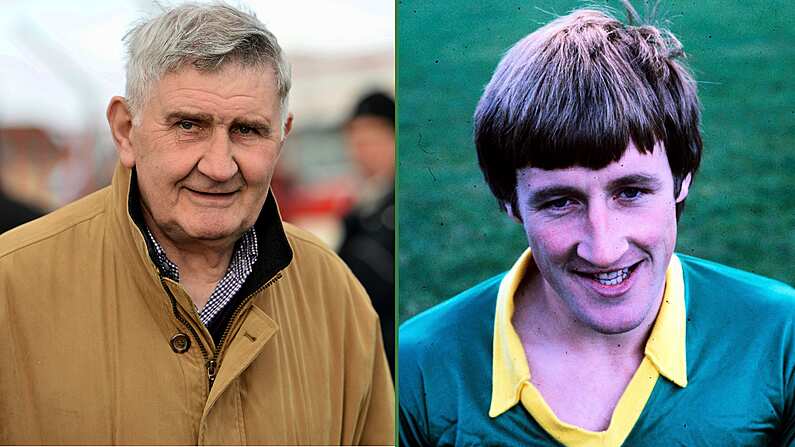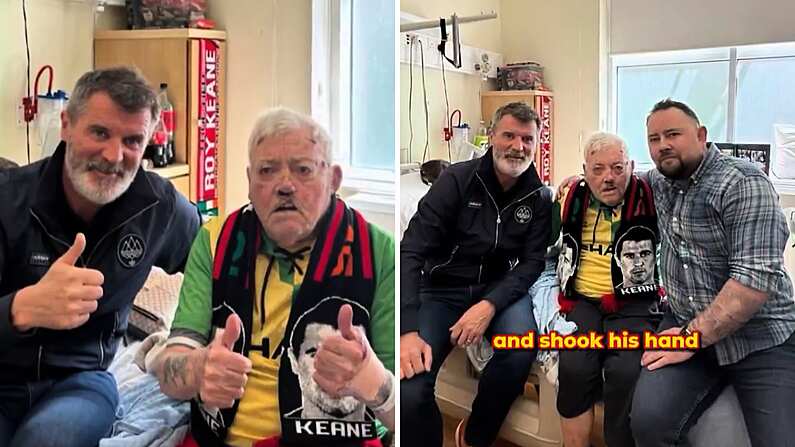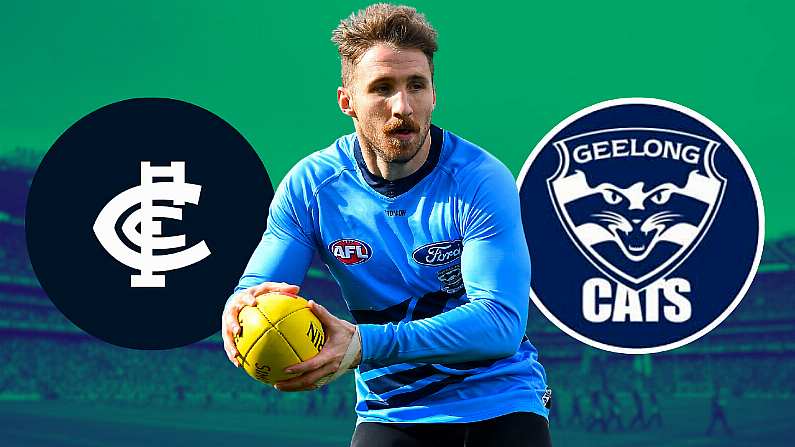The Court of Arbitration for Sport yesterday ruled to uphold two-year bans of 34 Essendon players from the 2012 season for the use of an illegal supplement in 2012.
The courts ruled that players were injected with the illegal peptide, thymosin beta-4, a polymer whic acts as an extremely efficient anti-inflammatory, and will now serve partially back-dated bans until November.
Essendon Sports Scientist Stephen Dank is at the centre of the story, but has denied that he administered the supplements to the players.
The AFL Players Association have issued a statement denying any wrongdoing on the part of the players:
We have maintained a consistent position that these players did nothing wrong, and today’s decision does nothing to change our view.
Whilst we have seen no evidence throughout this process that proves the players were administered supplements which were not compliant with the Code, if this is the case then they have been deceived. They are the victims, not the perpetrators. They deserve our sympathy, not our scorn.
Balls.ie spoke to Longford footballer Michael Quinn about the issue. Quinn played with Essendon for three years between 2008 and 2011, where he set the record for the quickest debut by a GAA player.
The Longford defender left Essendon just before the arrival of Dank and Quinn had sympathy for the suspended players, who felt they had their trust broken by the club's medical staff:
People on the outside looking in will see that the players are bearing the brunt of it. But there is much more to it than that. Thirty-four guys… if it was one or two you would wonder what’s going on there, but when you have thirty-four guys caught up in things like this, you start to think, was it something to do with the sports department? Thirty-four guys put their trust in someone in a position they felt knew best about something like this, and their trust was broken.
Quinn does not believe this was a club-sponsored doping policy, but that the players were betrayed by the sports science department:
I don’t think the club was sponsoring or promoting the doping side of things, it was just a lack of clarity or knowledge of what was going on. When you employ someone to be a sports nutrionist or scientist, you imagine that they will do what is best for the players in the right manner.
Wherever there is that breakdown in trust with the players, these are the consequences of that happening.
Who is to blame? After three years, nobody is sure who to blame, and at the moment the players are bearing the brunt of it.
Of the 34 players banned, just 17 are still playing and 12 remain at Essendon, and Quinn expressed sympathy for those who are no longer playing, saying that "a lot of those players should still be involved in the AFL system but the fact that other clubs saw this hanging over their heads, they weren’t willing to take a risk on them".
Given that players can potentially be decieved in professional sport, what of the possibilty of the same happening in the GAA?
When you see a thirty-four players at a professional club testing positive for something, you automatically think this is supposedly an amateur association and this could easily happen, where we might not know enough or advised by the right people.
Whether it comes down to whether GAA players have workshops on nutrition or supplements, like that, I don't know, but if your diet is right that should go much further than protein supplements or anything else.













